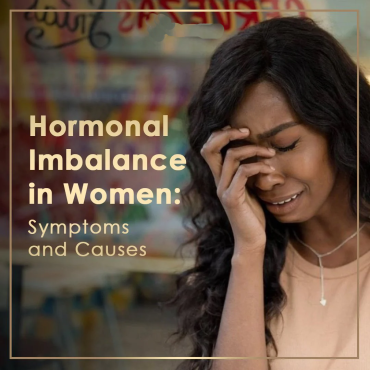LIFESTYLE DISEASES AND THEIR PREVENTION
Lifestyle diseases, also known as non-communicable diseases (NCDs), are health problems that are primarily caused by unhealthy lifestyle choices and behaviors. These diseases often result from a combination of factors such as poor diet, lack of physical activity, excessive alcohol consumption, and tobacco use. Common lifestyle diseases include:
- Cardiovascular Diseases (CVDs): These include conditions such as heart disease and stroke, which are often linked to factors like high blood pressure, high cholesterol, smoking, and a sedentary lifestyle.
- Type 2 Diabetes: This form of diabetes is closely associated with obesity, poor diet, and physical inactivity. It occurs when the body’s insulin production is insufficient or when the body becomes resistant to insulin.
- Obesity: Obesity is a condition characterized by excessive body weight, often resulting from an imbalance between calorie intake and energy expenditure. It is a major risk factor for various other lifestyle diseases.
- Certain Cancers: Some cancers, such as colorectal, breast, and lung cancers, have been linked to lifestyle factors like tobacco use, poor diet, and lack of physical activity.
- Chronic Respiratory Diseases: Conditions like chronic obstructive pulmonary disease (COPD) and asthma can be exacerbated or caused by factors such as smoking, air pollution, and exposure to environmental toxins.
- Liver Diseases: Excessive alcohol consumption and poor dietary choices can contribute to liver diseases such as fatty liver disease and cirrhosis.
- Kidney Diseases: Unhealthy lifestyle habits can contribute to conditions like chronic kidney disease.
- Mental Health Disorders: While not always classified as lifestyle diseases, mental health conditions such as depression and anxiety can be influenced by lifestyle factors, including stress, lack of physical activity, and poor sleep.
Preventing lifestyle diseases involves adopting healthy habits, such as maintaining a balanced diet, engaging in regular physical activity, avoiding tobacco and excessive alcohol consumption, managing stress, and getting regular health check-ups. Public health initiatives often focus on raising awareness about the impact of lifestyle choices on health and promoting healthier behaviors in communities.
It’s important to note that genetics can also play a role in the development of certain diseases, and a person’s susceptibility may be influenced by a combination of genetic and lifestyle factors. As such, maintaining a healthy lifestyle is crucial for preventing and managing many chronic diseases.



